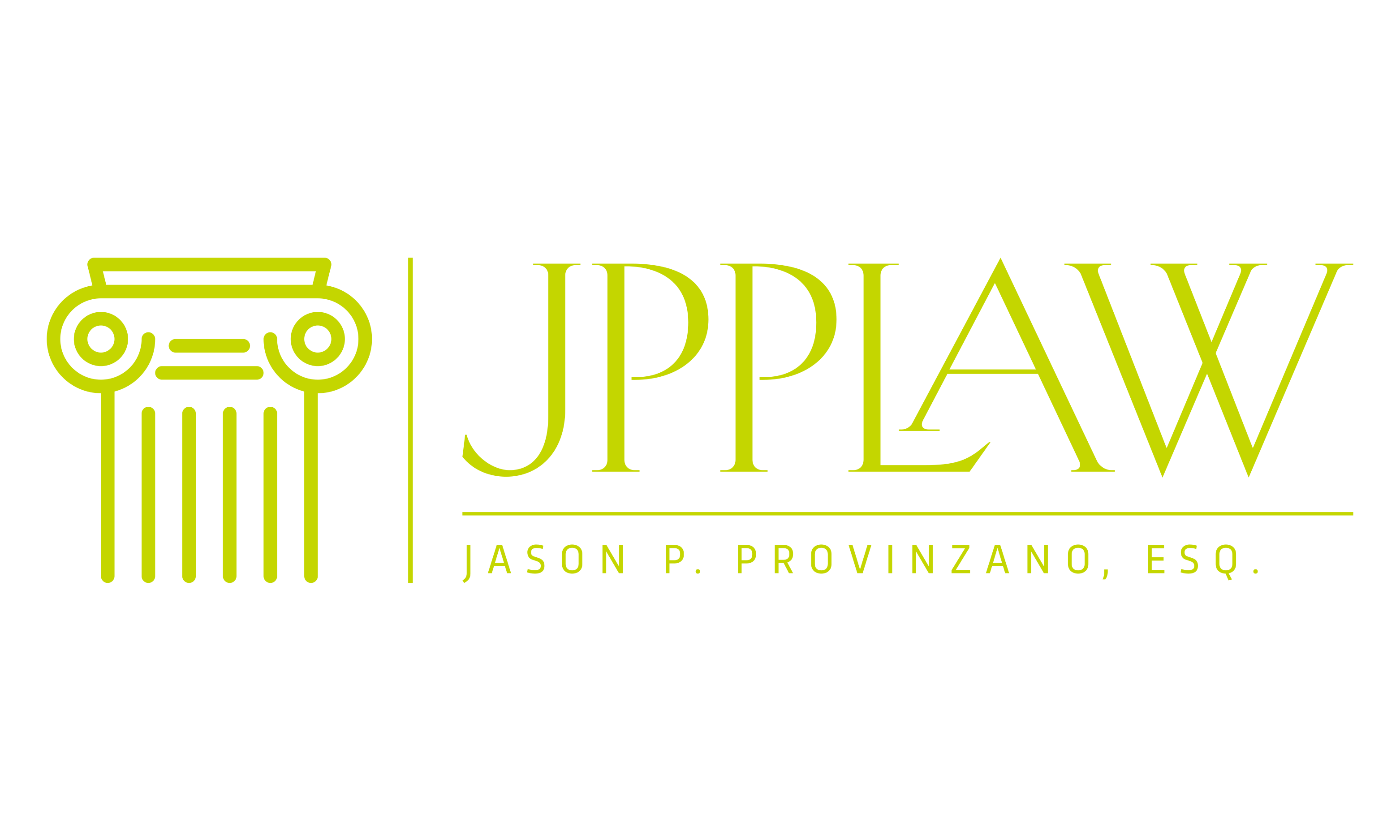People in financial distress need to understand the bankruptcy process. When individuals or businesses can no longer pay their debts, bankruptcy offers them a way back to financial stability. However, the process is complex and can be confusing without an expert there to guide you.
What does it mean to file for bankruptcy? It involves a legal proceeding that takes care of debts through the federal courts. Because bankruptcy is a legal action, JPP Law’s attorneys in Wilkes-Barre, PA can lead you through the process. You can call us today to consult with us for free on how we can help you to file.
In the meantime, let’s learn more about bankruptcy itself.
What Bankruptcy Means
If your debts have become overwhelming, filing for bankruptcy gives you a fresh start at rejoining the economy. When you file for bankruptcy, the court either clears your debts or gives you a manageable payment plan for them.
The federal courts have a few different bankruptcy chapter options for businesses and individuals. If you qualify for Chapter 7, the court will liquidate your assets to pay your debts. Chapter 11 lets individuals and businesses reorganize their debts with a payment plan. Chapter 13 reduces debt covenants and gives people payment plans, too.
Your lawyer and the court look at your assets and financial standing to determine which chapter best fits your needs. Regardless of the choice, when you file for bankruptcy, you end up having your debts rearranged in such a way as to allow you either to discharge them or pay them back in a structured manner.
Credit Counseling Comes First
Before you file for bankruptcy, you will usually have to go through credit counseling. During credit counseling, you will learn about the bankruptcy process and how to better manage your finances in the future.
What Is Bankruptcy Discharge?
At the end of your payment plan, the courts will discharge your bankruptcy. Once you’ve received your discharge order, you no longer have to pay the creditors you once owed. Creditors can’t call you to ask for payment. In a Chapter 7 bankruptcy, the court discharges debts within a few months of your filing.
Now, the court cannot discharge all debts. Debtors usually have to pay tax claims, debts to the government, child support, and secured debts.
Once you’ve got JPP Law on your side, we’ll look closely at your financial situation and help you better understand what the court will and will not discharge.
Pros and Cons of Bankruptcy
When you declare bankruptcy, you will see relief from your payment obligations. However, the process comes with several disadvantages. Once you file for bankruptcy, your credit rating drops. Your bankruptcy status shows on your credit report, so you will have to rebuild your credit.
Chapter 7 bankruptcy notes remain on your credit for ten years, while Chapter 13 notes are on your credit report for seven years. Discharged debts show on your credit report during those periods.
The good news is that you can start rebuilding your credit quickly afterward, as your credit has nowhere else to go but up the further you get from your filing.
Contact JPP Law Today for Help with Your Bankruptcy
Most people cannot manage the bankruptcy process on their own. An attorney makes the process go smoothly and ensures that you comply with the federal rules and regulations. Filers need to meet several requirements to prove that the court should discharge debts.
Jason P. Provinzano from JPP Law can help you decide if bankruptcy is right for you. Contact us for help with your questions about what it truly means to file for bankruptcy.


